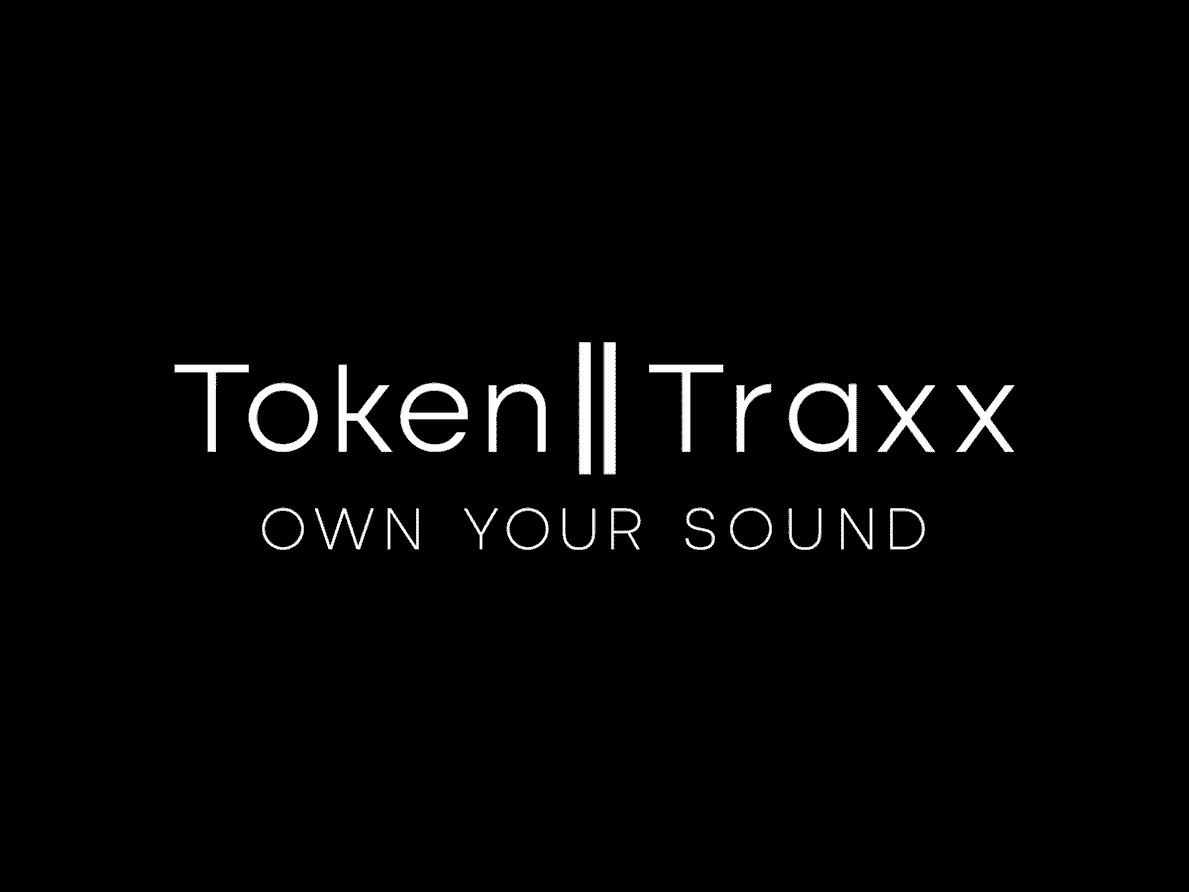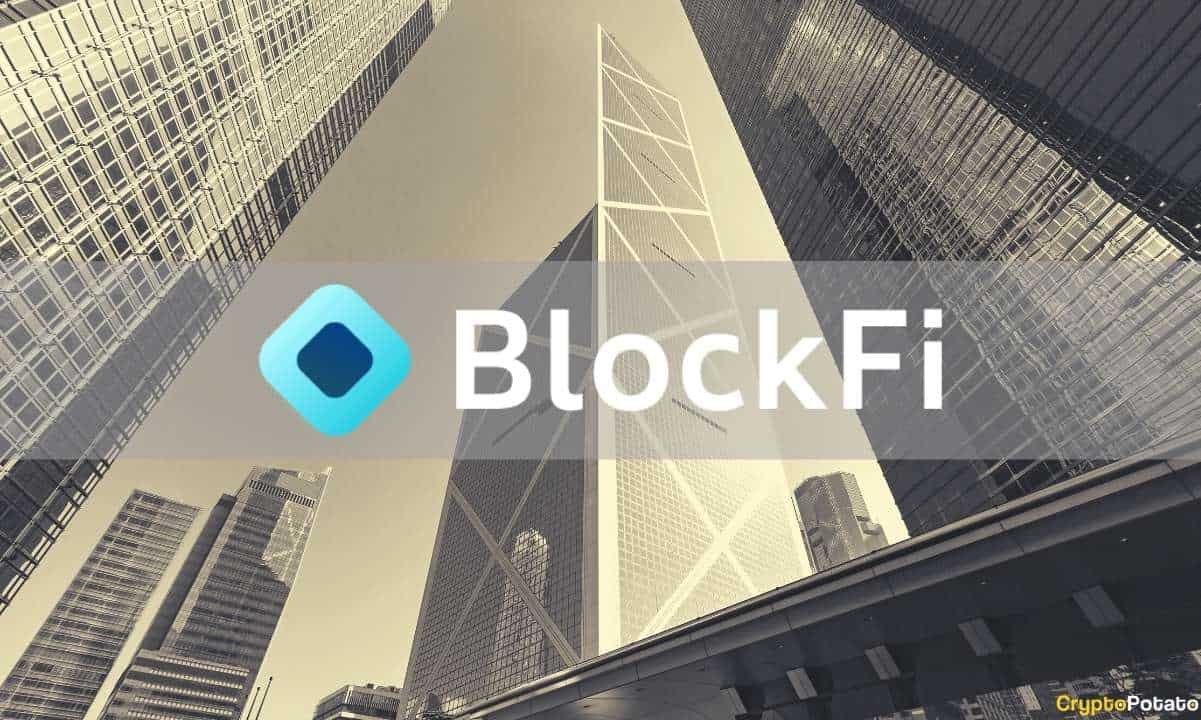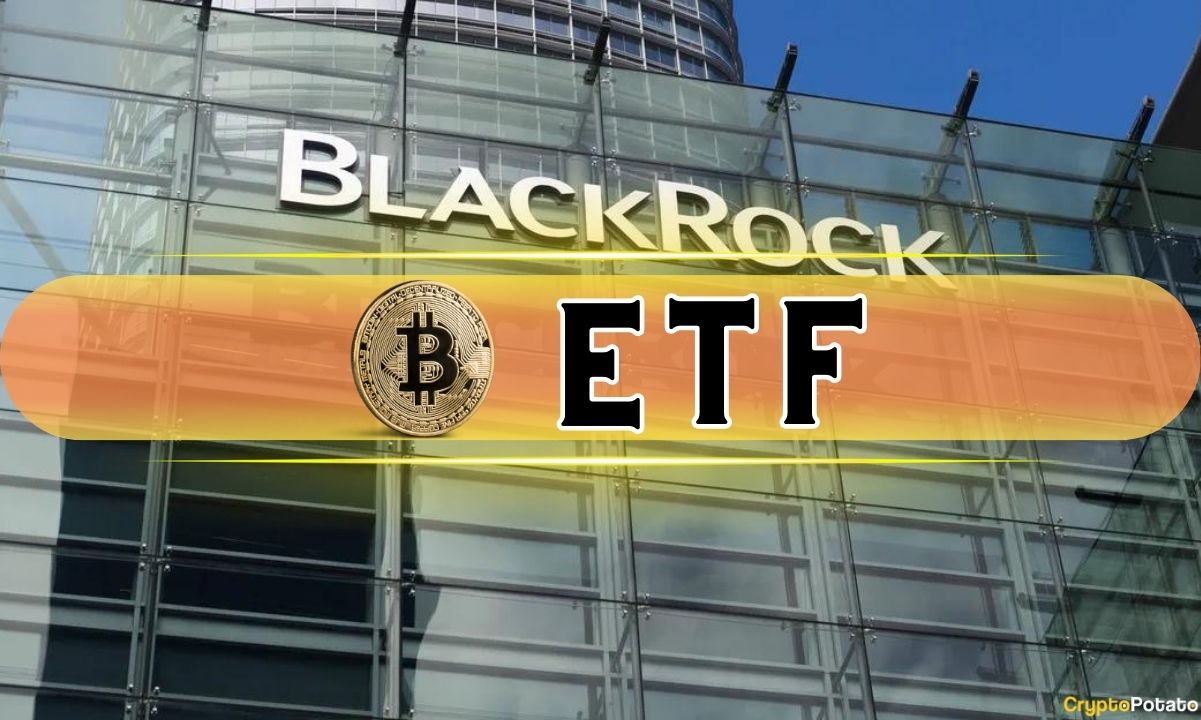Ethereum Whales Are Depositing More ETH to the Ethereum 2.0 Contract Amid Protocol Upgrades
Over 95,000 ETH – over 287 million – have been staked in the ETH 2.0 contract in a day, as per data from on-chain and market data platform CryptoQuant.
It seems the number of new depositors is fewer compared to the number of deposits, which, according to Young Ju, CEO of CryptoQuant, is a firm sign that whales are bullish on ETH by staking more tokens to the contract.
Another evidence that $ETH is bullish in the long term.
It seems whales who staked a lot of $ETH to the ETH 2.0 contract before the price surge, staked a ton of ETH to the contract again.
These whales seem to think the fair price for $ETH is higher than $3k in the long term. https://t.co/P8I8xnk0wp
— Ki Young Ju 주기영 (@ki_young_ju) August 18, 2021
This number adds to the 5 million ETH that was staked in early June, which is now well over 6.5 million coins. At press time, this has a USD valuation of $20 billion. By that time, the number of validators on the ETH 2.0 network was about 152,000, but it rapidly increased to 200,000 following the latest news on the protocol update.
The Ethereum upgrade not only has the attention of the crypto community but also of several institutions worldwide. As CryptoPotato reported a few weeks ago, the Switzerland-based Sygnym Bank announced that its customers could use its institutional-grade banking platform to stake ETH for Ethereum 2.0 from their existing wallets.
London Hard Fork Sets a Major Change for Ethereum
The London hard fork, activated on August 4th, restructured the fees mechanism by creating a base fee, which is algorithmically designed to decide the transaction costs based on workflow on the network. This means the network chooses a uniform gas price that, in theory, should prevent major spikes in gas costs instead of relying on miners to prioritize transaction fees.
Sharding the network will increase scalability, thus incrementing the amount of work it can handle as the workload is distributed among validators on different shards. Reducing network congestion ultimately decreases gas fees.
These upgrades are a significant milestone for Ethereum and could potentially crown its blockchain as the indisputable leader of the DeFi industry. Since the new fee mechanism was announced, at least 3.25 ETH are burned every minute, and 60k have been burned so far on several platforms like OpenSea —428 ETH, UniSwap V2 —326 ETH, Tether —245 ETH, and Axie Infinity —227 ETH.









